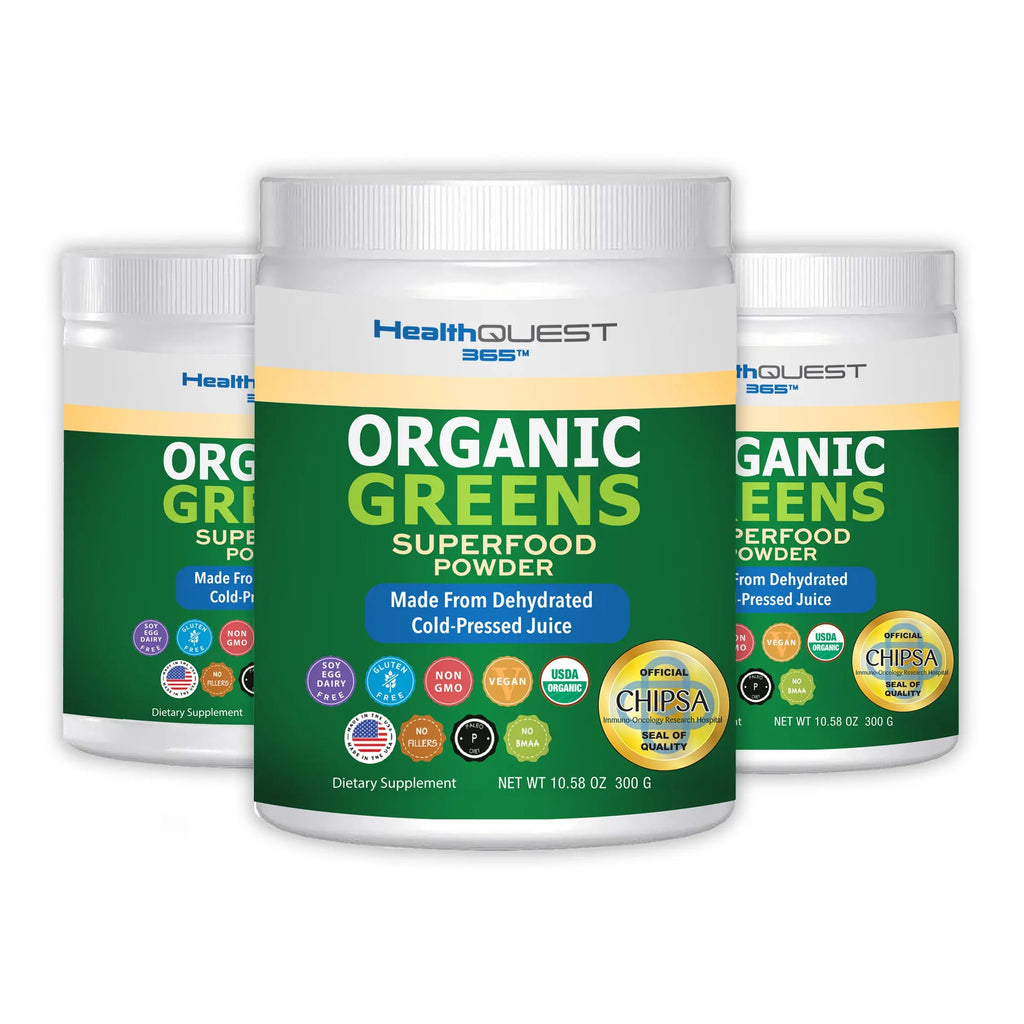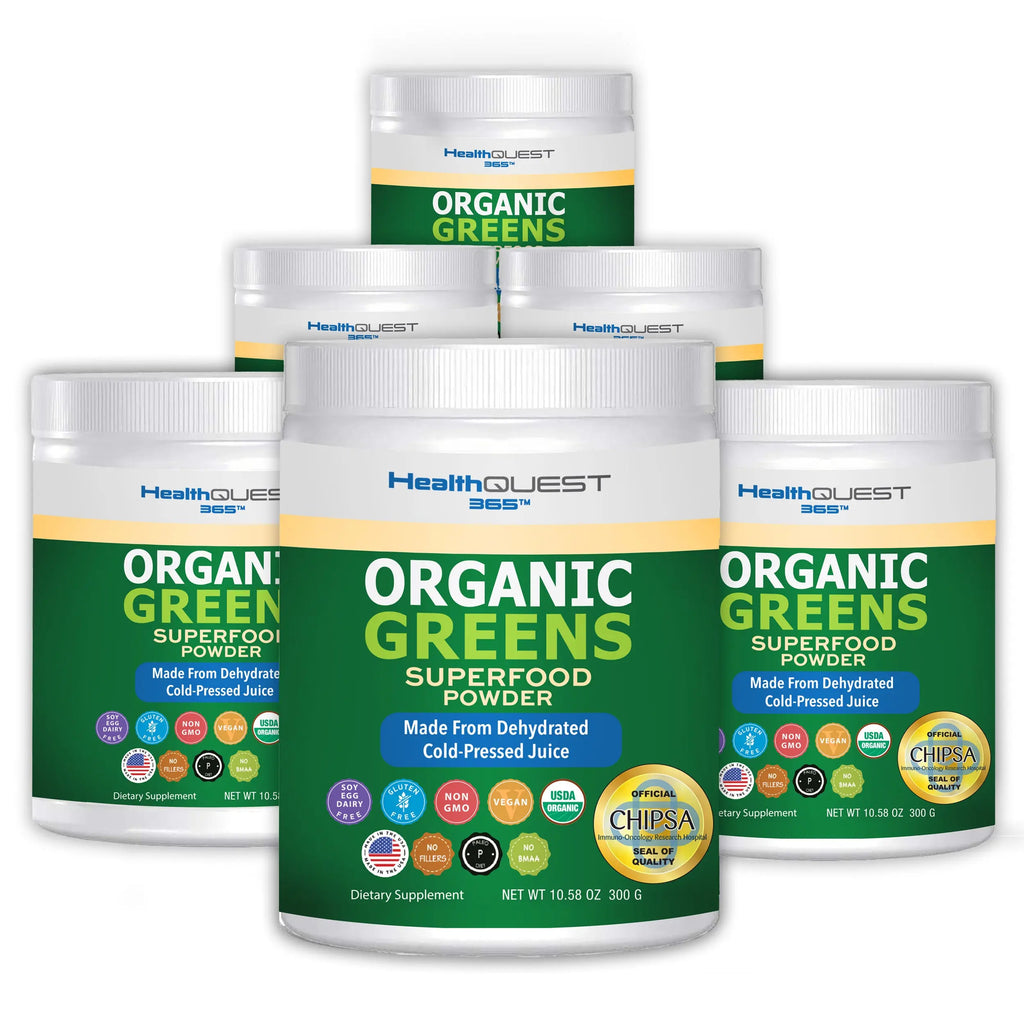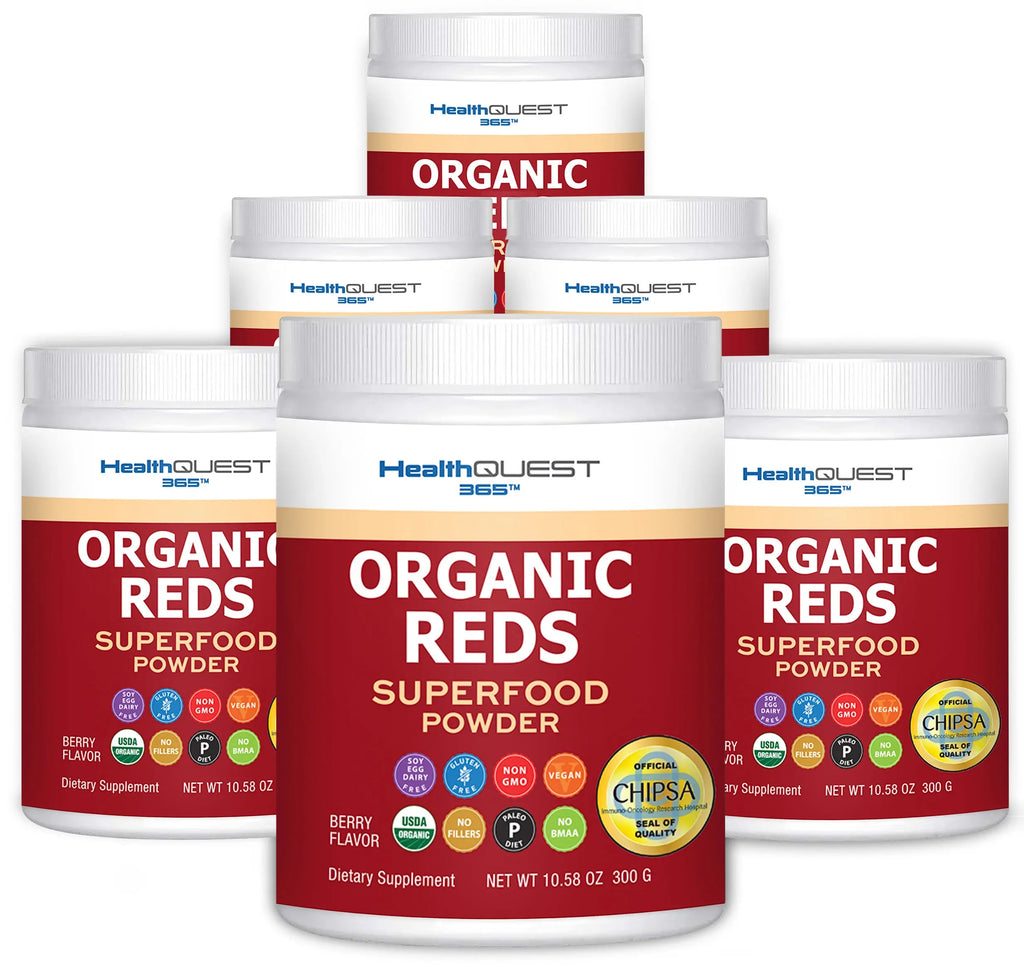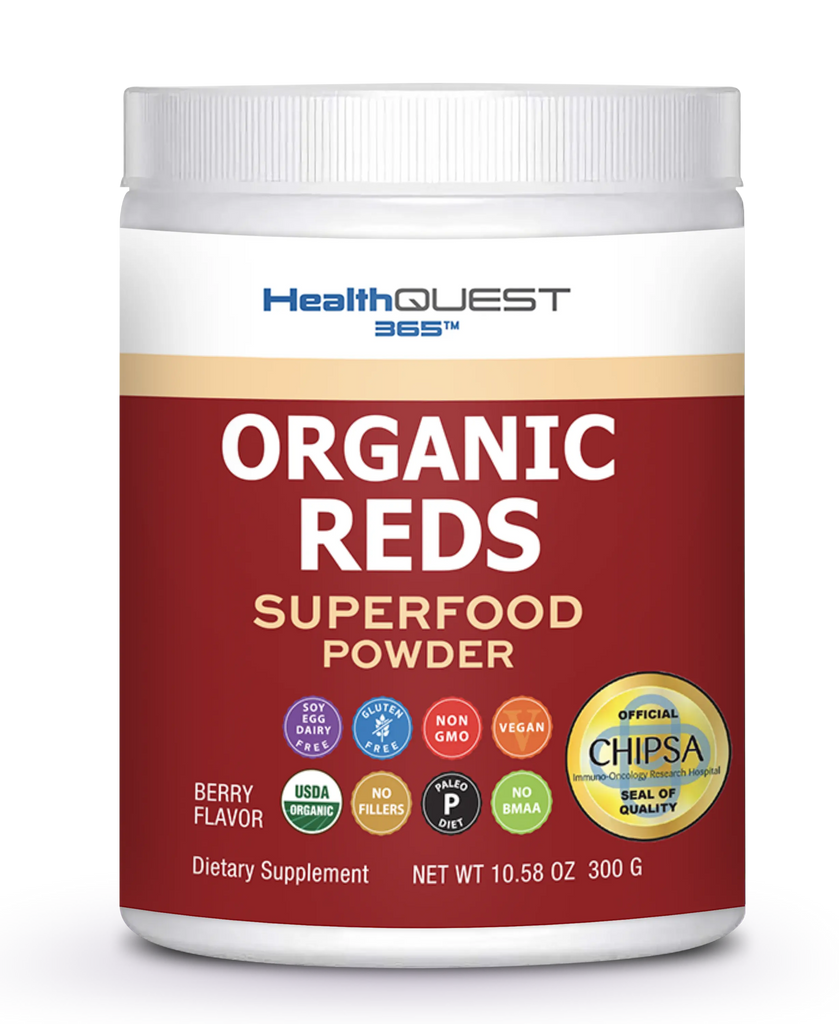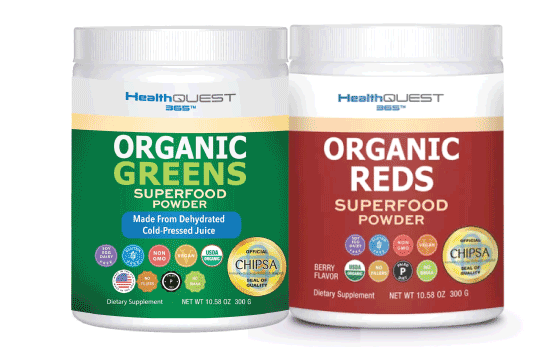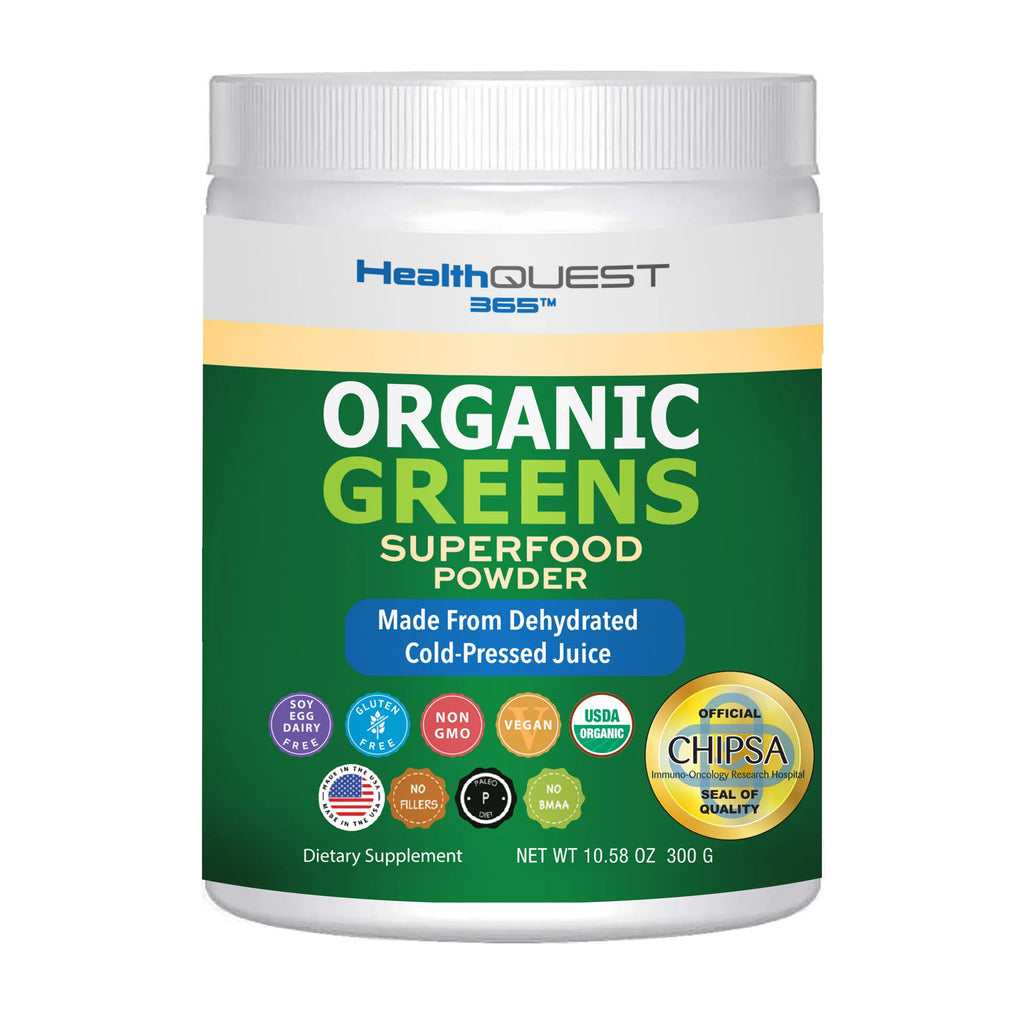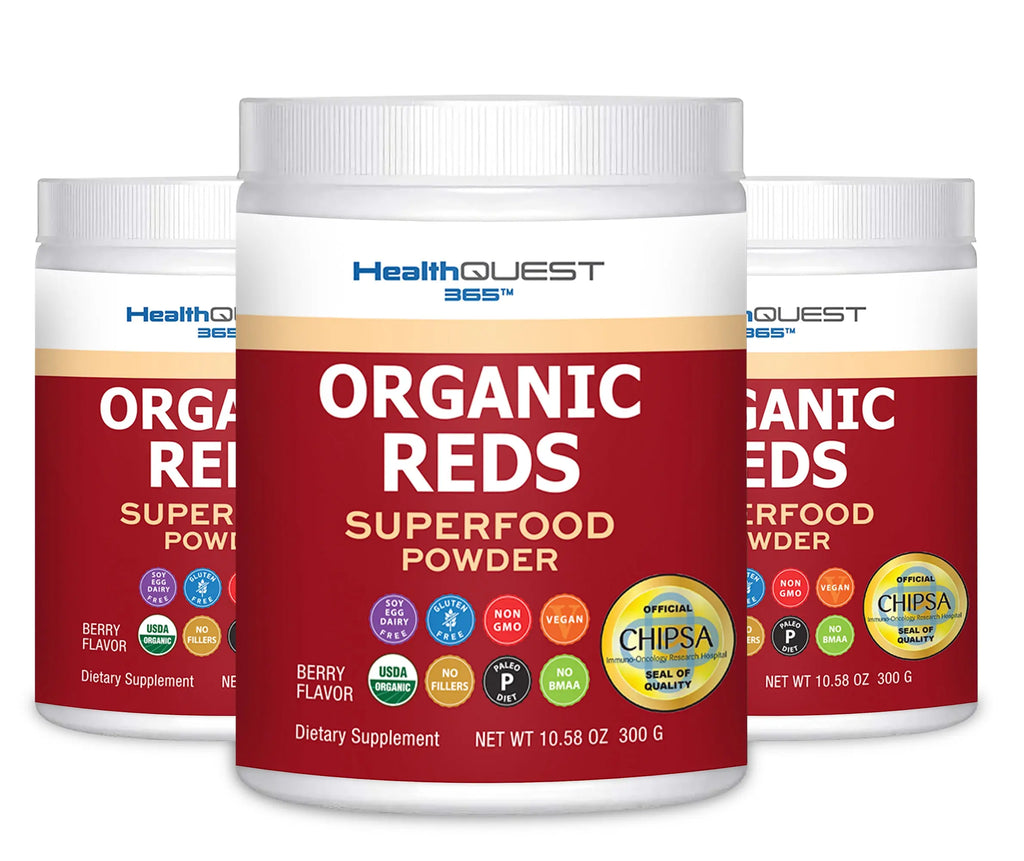It’s about health. It’s about healthy lifestyle. It’s about family™

Ultimate Victory Garden Breakthrough – Foolproof Methods & Astonishingly Rich Crops Revealed
Setting up a home victory garden can be both a rewarding and practical endeavor. Historically, victory gardens were essential in providing families with fresh and affordable produce during times of economic hardship and conflict. Today, these gardens promote self-sustainability, reduce grocery bills, and improve overall well-being.
In this article, we'll explore how to set up a successful home victory garden to feed a family of four in the USA. Likewise, we will focus on the best crops and methods for a plentiful harvest.

GETTING YOUR GARDEN STARTED
CHOOSING THE RIGHT LOCATION
Site selection is crucial for a successful garden. Ensure the chosen location has:
-
Ample sunlight (at least six hours per day)
-
Easy access to water
-
Well-draining soil to prevent waterlogged plants
A flat or gently sloping area also works best for a home garden.
PREPARING YOUR SOIL
A garden's success heavily relies on healthy soil. Start by testing your soil's pH and nutrient levels. Then, adjust accordingly with amendments like compost, manure, and organic fertilizers.
It's essential to create a fertile environment for your plants to thrive.
PLANNING YOUR GARDEN LAYOUT
Maximize your garden space by utilizing intensive planting techniques like square foot gardening and grouping plants with similar growth requirements together.
Be sure to consider the mature size of plants and their spacing needs when designing your layout.

Give You ALL Our Best Workbooks
Get all the Best Workbooks + Action Guides from our expert
BEST CROPS FOR A FAMILY OF FOUR
GREENS
Leafy greens such as lettuce, spinach, and kale are excellent choices. This is because they can be harvested repeatedly throughout the growing season.
They're also packed with essential nutrients needed for a balanced diet.
ROOT VEGETABLES
Potatoes, carrots, beets, and radishes require minimal space and provide significant yields. Plus, their long storage life makes them valuable additions to your garden.
FRUITS AND BERRIES
Strawberries, blueberries, and raspberries are hardy and versatile. They offer high nutritional value and add variety to your diet.
Apple and pear trees are also worthwhile investments for a long-term home garden.
LEGUMES AND GRAINS
Beans and peas are rich in protein. They also help fix nitrogen in the soil, acting as natural fertilizers.
Grains like quinoa and millet require minimal care yet are highly nutritious.


FREE "Mystery Gift"?
Let me stay in touch with you via email and as a thank you - get this FREE gift.. Something others paid over $1,000 for.
(True story)

BEST METHODS FOR A SUCCESSFUL GARDEN
ORGANIC GARDENING
Organic practices will encourage healthy soil, thriving plants, and a safer environment for your family. Basic examples include using natural pest control agents and organic fertilizers.
COMPANION PLANTING
Integrating beneficial plants have complementary growing habits can improve overall garden health. You can start with marigolds and nasturtiums that repel pests or planting crops.
VERTICAL GARDENING
Maximize limited space and yield by utilizing trellises, cages, or supports for plants like tomatoes, cucumbers, and beans.
PEST CONTROL
Crop rotation, manual removal of pests, and natural deterrents like neem oil will minimize damage caused by pests.
ESSENTIAL GARDEN TOOLS
Essential garden tools include a spade, rake, hoe, trowel, hand fork, pruning shears, gloves, and watering can or hose.
CANNING AND PRESERVING YOUR HARVEST
Learn to preserve your harvest via canning, pickling, or dehydration to enjoy your garden's bounty all year long.
UPDATES AND MAINTENANCE
Regularly weed, prune, and monitor for pests and diseases to maintain a healthy garden.
INVOLVING THE ENTIRE FAMILY
Involve the entire family in the gardening process to create:
-
A sense of responsibility
-
A connection to food sources
-
A shared the joy of harvesting your produce
-
REAPING THE BENEFITS
Savor the satisfaction that comes from nurturing your garden, feeding your family nutritious homegrown food, and contributing to a greener future.
CONCLUSION
A home victory garden is rewarding and offers benefits on many levels. You'll enjoy bountiful harvests for your family while improving your overall well-being by taking the time to plan, plant, and tend to your garden.
Want to stay healthy even more? Take charge of your health with Health Quest 365's Organic Greens 365 !
FREQUENTLY ASKED QUESTIONS
The size of your garden depends on available space and desired plant varieties. However, a 20x20 foot plot can efficiently provide for a family of four.
Definitely! Utilize balcony space, window boxes, or indoor grow lights to produce vegetables, herbs, and small fruits.
This depends on various factors such as climate, plant selections, and soil conditions. However, many plants begin producing yields within 60-90 days.
You can usually avoid the need for chemically-based pesticides by implementing organic methods and focusing on prevention.
Absolutely! Herbs like basil, parsley, and mint are valuable additions to your garden and can enhance your culinary creations.
TRY AND SEE WHAT THESE CAN DO FOR YOU
... AND HE HATES VEGETABLES!
ORGANIC SUPER GREENS DRINK!
CHIPSA HOSPITAL CERTIFIED NUTRITION

CHIPSA Hospital, known as the original Gerson Hospital, was founded by Charlotte Gerson and Victor Ortuno in 1979.
CHIPSA is known as one of the leading integrative immuno-oncology treatment hospitals in the world.
CHIPSA Patients follow an Enhanced Gerson Protocol and drink 13 Cold Pressed Juices a day and 2oz of Organic Greens 365 daily.
*These statements have not been approved by the Food and Drug Administration. This product is not intended to diagnose, treat, cure, or prevent any disease.
The website's content and the product for sale is based upon the author's opinion and is provided solely on an "AS IS" and "AS AVAILABLE" basis. You should do your own research and confirm the information with other sources when searching for information regarding health issues and always review the information carefully with your professional health care provider before using any of the protocols presented on this website and/or in the product sold here.
Neither Health Quest 365 LLC. nor the author are engaged in rendering medical or similar professional services or advice via this website or in the product, and the information provided is not intended to replace medical advice offered by a physician or other licensed healthcare provider.

